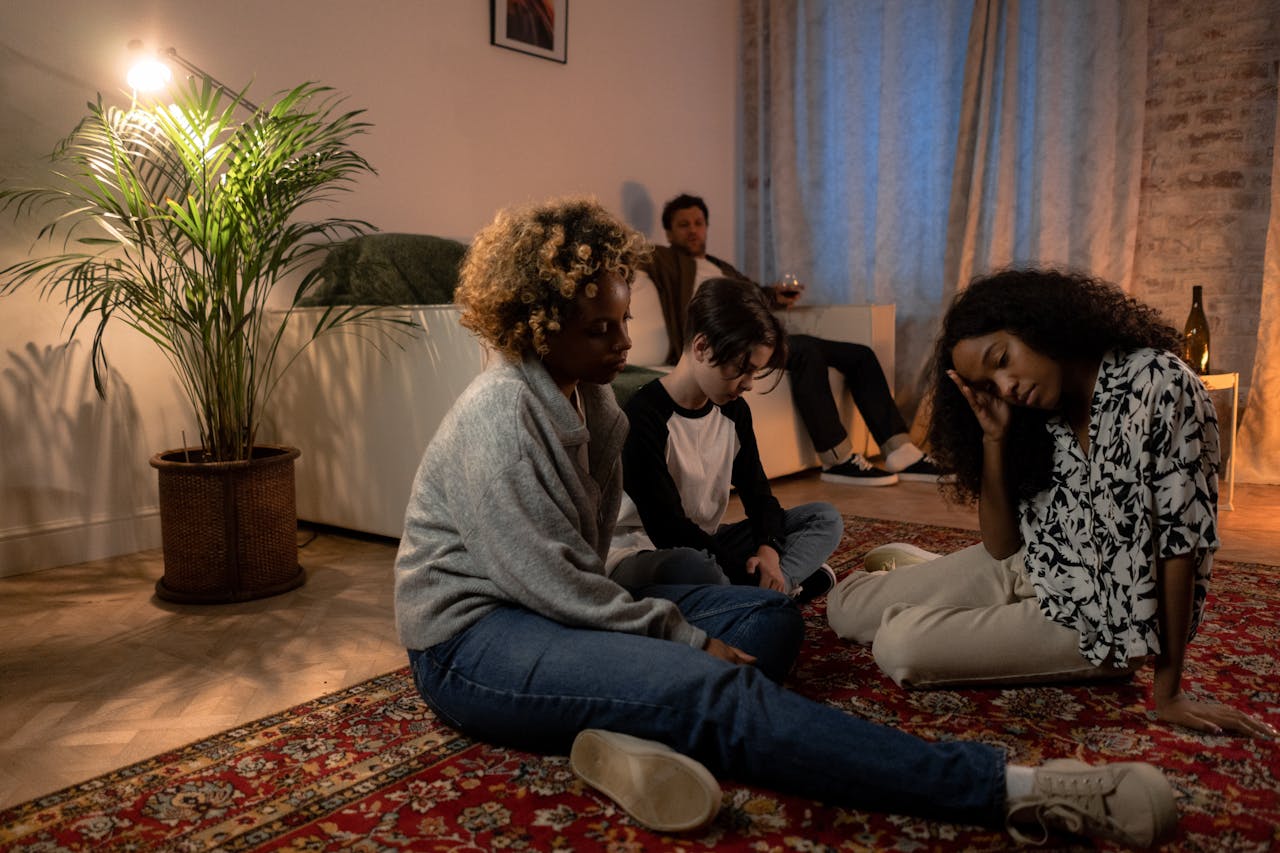Mental Health
Can 'Social Good' Reduce Stress? MIT Study Unveils Powerful Strategy for Emotional Resilience

(Photo : cottonbro studio / Pexels)
A recent study by scientists at the McGovern Institute for Brain Research at MIT has unveiled a promising cognitive strategy to help people cope with highly stressful events. The research suggests that focusing on social good can be as effective as traditional emotion regulation strategies, providing a new tool for those regularly exposed to emotionally taxing situations.
Understanding the Impact of Emotional Stress
Emergency responders and public service workers often face intense and emotionally challenging scenarios, increasing their risk of mental health issues such as post-traumatic stress disorder. The study, led by John Gabrieli, Grover Hermann Professor of Health Sciences and Technology, and Nancy Tsai, a postdoctoral researcher, explores how these individuals can maintain their well-being despite the emotional strain.
Cognitive Strategies for Emotion Regulation
Emotion regulation involves reinterpreting how we experience emotions to maintain mental health. One well-known strategy is "distancing," where individuals imagine negative events as distant or viewed from a third-person perspective. While effective, distancing may not always be feasible, particularly in socially charged situations.
"In these cases, the 'social good' approach may be a powerful alternative," said Tsai. This method involves viewing distressing situations as opportunities to help others, which can provide emotional relief. For instance, a firefighter might focus on the lives they save, rather than the immediate danger.
Conducting the Study
The researchers recruited adults and divided them into two groups: one practicing distancing and the other practicing the social good approach. Participants viewed a series of neutral and distressing images, applying their assigned strategy to half of the negative images. They then reported their emotional responses.
Findings and Implications
The study, published in PLOS ONE, found that both strategies effectively reduced negative emotions, with distancing showing a slightly stronger effect overall. However, the social good approach proved particularly beneficial in situations where distancing is impractical, such as emergency rescues.
Tsai and Gabrieli also noted that individuals who viewed stress as enhancing, rather than debilitating, were more successful in using the social good approach. Additionally, older adults demonstrated greater effectiveness in applying both strategies, likely due to their more extensive life experiences and emotional regulation skills, MIT News reported.
Future Research and Applications
"This is not to say that people, such as physicians, should reframe their emotions to the point where they fully detach themselves from negative situations," said Gabrieli. "But our study shows that the social good approach may be a potent strategy to combat the immense emotional demands of certain professions."
The MIT team emphasized the need for further studies to validate these findings and uncover additional cognitive tools to support those in high-stress roles.








Join the Conversation